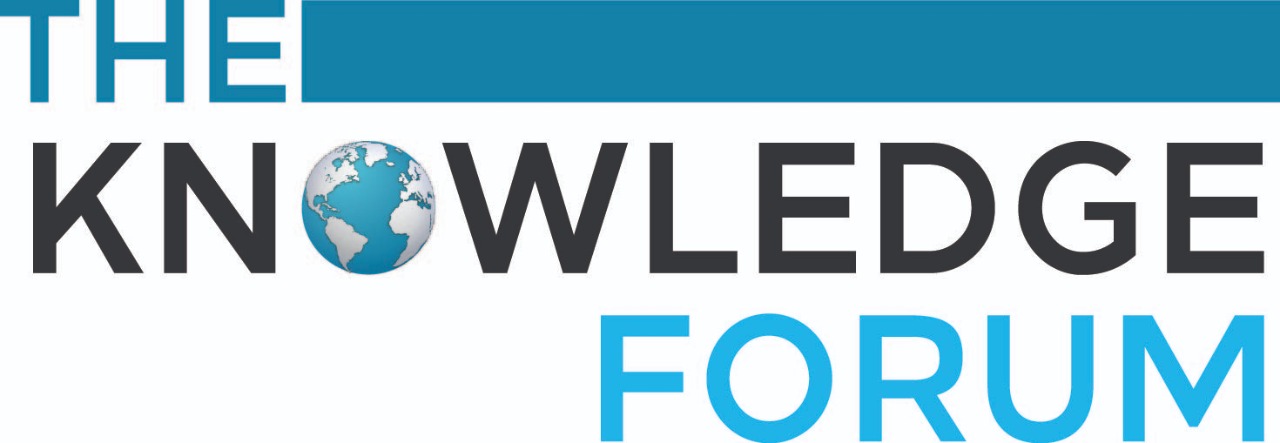Pakistan Bulletin
An up-to-date and informed analysis of key issues of Pakistan.
Politics: Country at the Crossroads
August 2023
The five-year term of the National Assembly was completed in August under the Pakistan Muslim League (N) led ruling coalition. Legislative changes recently carried out have given additional power to the interim government and led to concerns that elections will be delayed and any polls under the ‘empowered’ caretaker government may not be an answer to Pakistan’s chronic political instability. The writer reflects on the challenges that lie ahead for the country.
While the 9-month standby agreement with the International Monetary Fund (IMF) obtained by the previous government in July, provided the much needed ‘breathing space’ to a crippling economy, the loan has come with conditionalities which include sharp energy price hikes, and a liberalization of the rupee with a market driven exchange rate. As energy prices continue to rise, and the taxes, particularly in electricity, spiral upward, there seems to be no end in sight to ease the plight of the masses. Social unrest and street protests gained momentum in the last week of August, reflecting the peoples’ hardship and distrust of administrative measures. Furthermore, the economic instability as a result of soaring inflation and devaluation is leading to dwindling faith of the public in the measures that the successive governments have undertaken to overcome immediate to medium-term economic challenges.
The caretaker government may have the space to work towards economic and financial stability in the medium term, and take reformist measures for macroeconomic stability. However, in the long run, the country needs a deeper political commitment to address the structural issues that plague the economy and political stability in tandem and obstruct inclusive, equitable and sustainable development.
The challenges that lie ahead of Pakistan are more deeply embedded in the socio-economic and political structures of the country, and present a far wider challenge than to simply achieve stability in the medium term. Pakistan needs to address structural problems that cannot be resolved solely with an IMF bailout. Addressing these challenges will require injecting more wisdom into democratic politics, and investing in the people in the long term.
Although, increasingly, representative democracy has stretched its limits to embrace policy experts holding crucial posts in the government, as was the case with preceding governments, the current interim government is a composition of seasoned policy experts and technocrats responsible for key positions in the government. This view of politics has gained credence in international politics, and empowers experts to spearhead various fronts of governance. One viewpoint suggests that this is due to the inefficacies of democratic politics, which is said to have become more unpredictable, volatile and at worst, ineffectual in its outcomes. The degraded economic and political decision making in Pakistan may only validate this view.
The current Finance Minister, Ms. Shamshad Akhtar has resolved to devise strategies to enhance the tax base to maximize revenue collection. The caretaker government may have the space to work towards economic and financial stability in the medium term, and take reformist measures for macroeconomic stability. However, in the long run, the country needs a deeper political commitment to address the structural issues that plague the economy, and political stability in tandem. Technocrats may understand the workings of the system, but democratic politics is about the fundamentals of the society, the philosophical questions around the allocation of resources which translate into viable economic and political outcomes. Increasing the tax base is not only about devising medium term technological mechanisms, but also building trust with the masses through democratic means. Eventually, it will mean instilling democratization in the state’s institutions where the citizenry believes in paying taxes, and where regulatory frameworks are put in place to integrate the diverse facets of the economy for a wider tax base. These are not purely economic questions, but questions relating to the rule of law as well.
Overall, Pakistan’s economic and political future hangs in uncertainty. Caretaker Prime Minister and his team of technocrats may be able navigate the immediate rescue before an imminent risk of default looms large again. However, as a society we have no choice but to move away from the degraded economic and political decision making to avoid near death experiences of this country.
Tajreen Midhat
Author
Tajreen Midhat is Lecturer Social Development and Policy at Habib University. She holds M.A. in
Globalisation and Multinational Corporations, SOAS, University of London, London.

Get the latest news and updates from our team
